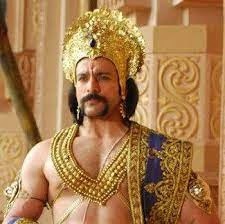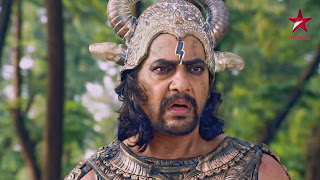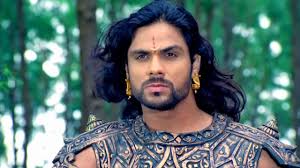Criticism of the series
If I have one criticism of this TV series, it’s the fact that the producers have deviated several times from the original Mahabharata. Episode 18: In the authentic version, Parashurama curses Karna upon learning that he is not a Brahmin. In this show, however, Parashurama tells Karna that he is not cursing him but merely stating a truth about reality. Episode 141: In the original, Kunti tells the Pandavas that Karna was their elder brother only after the Kurukshetra war is over, whereas in this show she discloses this while Karna lies dying on the battlefield. Episode 147: In the original, after the Kurukshetra war, Duryodhana hides underwater and comes out after being taunted by the Pandavas. It is only then that he battles Bhima. But in this show, Duryodhana fights Bhima during the war and the scene where he hides underwater is not shown.



